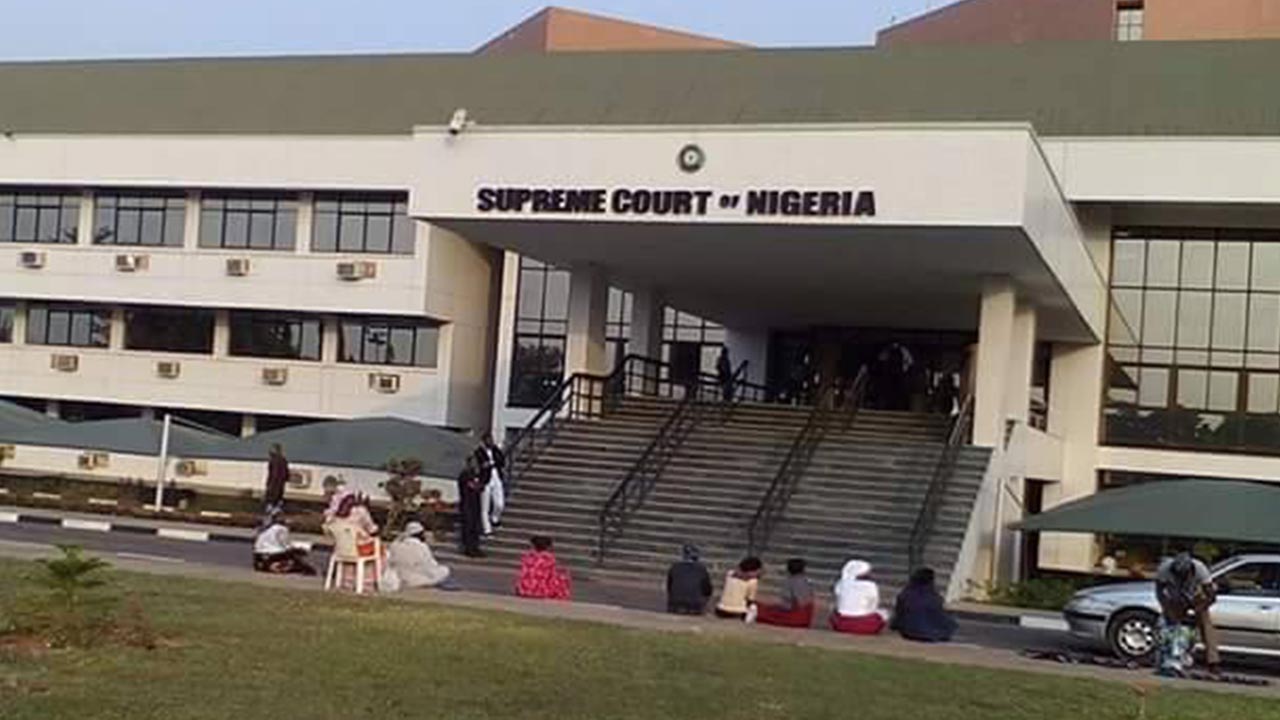The Supreme Court, on Wednesday, okayed the use of both the old and the redesigned naira banknotes as legal tenders in the country beyond December 31.
A seven-man panel led by Justice Inyang Okoro, in it’s ruling, held that the banknotes should remain in circulation, until the Federal Government, after due consultation with relevant stakeholders, decides otherwise.
The ruling followed the hearing of an application by the Federal Government through the Attorney-General of the Federation and Minister of Justice, Prince Lateef Fagbemi SAN.
Recalled that the court nullified on March 3 the ban on the use of the old N200, N500, and N1000 banknotes as valid legal tenders by the President Muhammadu Buhari-led administration.
The court held that the old Naira notes should be used alongside the redesigned currencies until the end of the year.
READ ALSO: http://Imo guber: Labour Party distances self from INEC inspection as PDP queries process
The apex court had in its lead judgement that was prepared and delivered by Justice Emmanuel Agim, slammed the FG for unilaterally introducing the demonitisation policy through the Central Bank of Nigeria, CBN, without consulting the Council of States, the Federal Executive Council, the National Security Council, the National Economic Council, Civil Society Organizations and other relevant stakeholders.
The apex court had in its lead judgement that was prepared and delivered by Justice Emmanuel Agim, slammed the FG for unilaterally introducing the demonitisation policy through the Central Bank of Nigeria, CBN, without consulting the Council of States, the Federal Executive Council, the National Security Council, the National Economic Council, Civil Society Organizations and other relevant stakeholders.
It held that the FG failed to give valid notice to all the federating units before it decided to withdraw the old banknotes from circulation and introduce new ones.
The apex court insisted that evidence before it established that a purported notice on the monetary policy was through “mere press remarks” by governor of the CBN, Mr. Godwin Emefiele, which it said did not qualify as “reasonable notice” to the states as envisaged under section 20(3) of the CBN Act.


